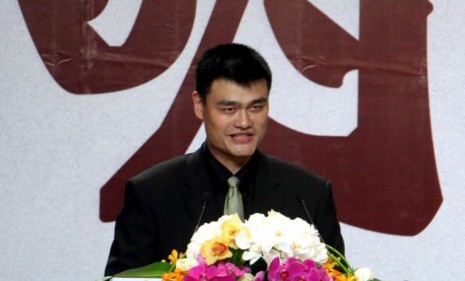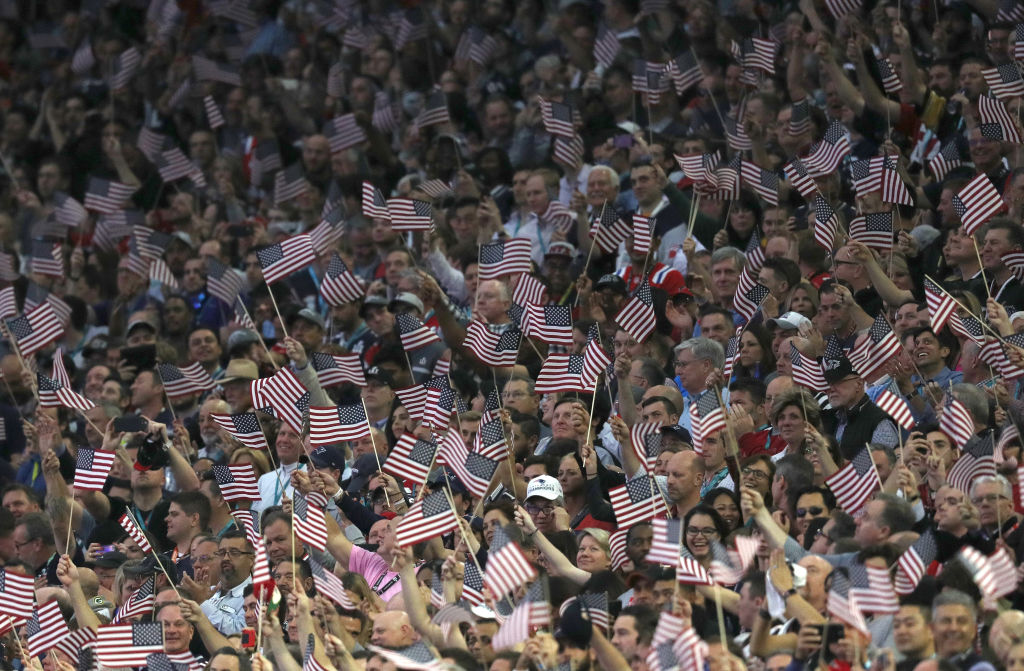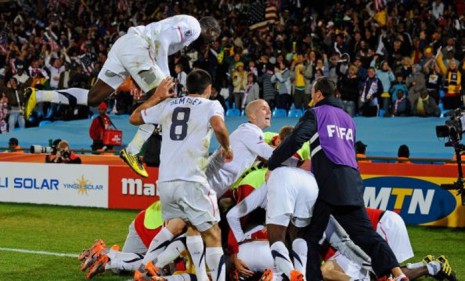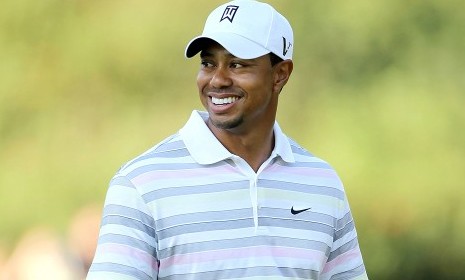Yao Ming's retirement: Why hasn't China produced a new NBA star?
Apparently, a massive talent pool, huge interest in basketball, and an intense state-run athletics program aren't enough

A free daily email with the biggest news stories of the day – and the best features from TheWeek.com
You are now subscribed
Your newsletter sign-up was successful
After nine seasons in the NBA, China's iconic basketball star, Yao Ming, is retiring. As the towering 7-foot-6-inch center for the Houston Rockets, the gentle giant racked up one of the best true-shooting percentages in N.B.A. history, was an eight-time all-star, and hugely boosted the popularity of the sport in China — it's now the largest market for basketball outside of the U.S. But, in recent years, despite a population of 1.3 billion and a furious state-run athletics program, China has failed to export a successor to Ming. Yi Jianlian, once predicted to be his rightful heir, was dropped by the Washington Wizards and is now a free agent, while Sun Yue, the only Chinese national to play point guard in the NBA, was dumped by the Los Angeles Lakers after just ten games. Why hasn't China managed to produce another Yao Ming? Here, four theories:
1. China's grueling system is rough on players
We wouldn't even need to replace Yao yet if he hadn't had such a demanding career. Ming is retiring at the tender age of 30. Sure, tall players are often plagued by injuries, but "Yao's health problems were exacerbated by the relentless training and schedule his nation required of him," says Hannah Beech at TIME. At the age of 9, a 5-foot-7-inch Ming was plucked from his parents and funneled into China's state-run athletics program. That system demands a lot of young bodies, and focuses on winning over health, often leading to injury and early retirement.
The Week
Escape your echo chamber. Get the facts behind the news, plus analysis from multiple perspectives.

Sign up for The Week's Free Newsletters
From our morning news briefing to a weekly Good News Newsletter, get the best of The Week delivered directly to your inbox.
From our morning news briefing to a weekly Good News Newsletter, get the best of The Week delivered directly to your inbox.
2. The nation is myopically focused on tall kids
China picks out potential basketball stars for development at a young age based purely on their height. That "puts too much pressure on those players who enter the program," says Matt Moore at CBS Sports. Instead, China should try "to find a solution which incorporates the strength of the national program with a wider range of individuals." Besides, "the NBA has adapted to smaller and faster players." Indeed, many of the game's biggest stars — including MVP Derrick Rose — are point guards.
3. China doesn't give would-be stars a chance to develop
"At age 10, you can't identify the next Allen Iverson," says Bob Donewald Jr., an American who coaches China's national team, as quoted by The New York Times. "China is filtering through guys and cutting them off so early there's no way for them to get better." Keep in mind that Michael Jordan didn't make his high school varsity team as a sophomore. Big talent takes time to develop.
A free daily email with the biggest news stories of the day – and the best features from TheWeek.com
4. China cares more about education than sport
With China's "traditionally single-minded focus on education," younger kids don't have a chance to play ball, says Dan Levin in The New York Times. "Most children spend their days and nights studying for tests, not playing pick-up games in the park or practicing in after-school programs."
-
 Switzerland could vote to cap its population
Switzerland could vote to cap its populationUnder the Radar Swiss People’s Party proposes referendum on radical anti-immigration measure to limit residents to 10 million
-
 Political cartoons for February 15
Political cartoons for February 15Cartoons Sunday's political cartoons include political ventriloquism, Europe in the middle, and more
-
 The broken water companies failing England and Wales
The broken water companies failing England and WalesExplainer With rising bills, deteriorating river health and a lack of investment, regulators face an uphill battle to stabilise the industry
-
 Trump supporters went wild over the Patriots' Super Bowl comeback
Trump supporters went wild over the Patriots' Super Bowl comebackSpeed Read
-
 USA's 'euphoric' World Cup victory
USA's 'euphoric' World Cup victoryfeature Until the very end, it looked like the USA would be eliminated World Cup with a dispiriting 0-0 draw with Algeria. Commentators react to the dramatic (and historic) win
-
 Tiger's Masters return: By the numbers
Tiger's Masters return: By the numbersfeature Woods is competing in his first golf tournament since his sex scandal broke and the stakes are high. Here's a numerical snapshot